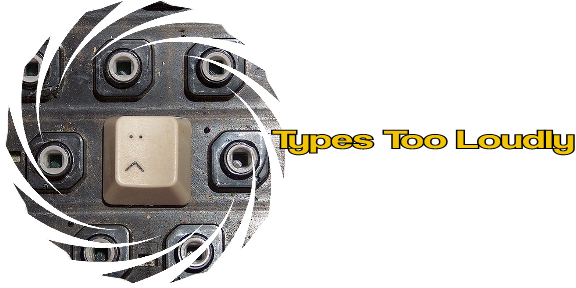To be honest, I did not enjoy Proust and the Squid from the start. I found the first sentence, “WE WERE NEVER BORN TO READ,” quite humorous, ironic, and applicable to my initial state of mind. There were a few sections which I thought made sense but were not really all that perceptive. A passage on page five comes to mind where it is stated that, “how we think and what we think about is based on insights and associations generated from what we read.” It isn’t that I disagree with statements like this one, but rather that I feel we can remove the word “read” and replace it with any number of other words. How and what we think is based on associations generated not just by what we read, but also what we see, hear, feel, react with, taste, fear, gain, smell, lose, and so on encompassing anything which can produce thought. Thought, not reading, is the key to associations and new understanding. I seem to fall short of comprehending why reading, as nothing more than one form of thought, ought to be held in any higher esteem than other forms of thought based upon this kind of reasoning.
At this point the author attempts to reach out as if throwing a life ring to a drowning shipwreck victim but to no avail. I simply felt as though I was excluded from the target audience. When instructed to read a specific passage “as fast as I could,” I attempted to read more quickly but failed as I was already operating at as breakneck speed as I could (provided that I maintain comprehension of what I was reading). What really made me feel out of the loop, however, was the portion where Proust supposedly “conjured up your own long-stored memories of books: the secret places you found to read away from the intrusions of siblings and friends; the thrilling sensations by Jane Austen, Charlotte Bronte, and Mark Twain; the muffled beam of flashlight you hoped your parent wouldn’t notices beneath the sheets.” I could not find any relations to this supposed nostalgia that I assume I must have never had. Talk such as this and references to specific parts of the brain and cellular function conjoined with retina had my view of the selection colored as mostly unexciting and a bit too technical.
As I read on, however I found that I could not bring myself to proclaim that the text was poorly constructed, lacking in references, or trivial in nature. Starting around page seventy, I finally discovered something of interest which I could latch onto: Socrates. As a philosophy major I am already quite familiar with Socrates and was curious to see how applicable Greek philosophical inquiry was to the matters Wolf discussed. I was quite pleased at the level of organization Wolf incorporated in shaping and discussing the position and view of Socrates. So much so that I in fact flipped back through earlier portions of Proust and discovered I was being a bit overly harsh on quite a few previous judgments.
As the portion on Socrates ended, a sense of dread came over me as I feared that my spark of interest had died out and I once again would have to force myself through the rest of the reading. From that point on, to my delightful surprise, it turned out that I no longer counted myself as an outsider and found many relations relevant to my own background. Due to the fact that I have a younger sister, for instance, the questions and details about how the mind develops the capacity for reading were particularly interesting. Overall, quite contrary to my initial standing, I must report that Proust wasn’t that bad of a read. In fact, it was pretty good, but I still maintain that the introduction was not intended for one such as myself. This cannot, however, be blamed on the author. After all, a target audience is called a target audience specifically because it tends not to include everyone. Furthermore, the author ultimately managed to include me in their scope anyway. This was a much better reading than Ong.
Subscribe to:
Post Comments (Atom)


very thoughtful response!
ReplyDelete